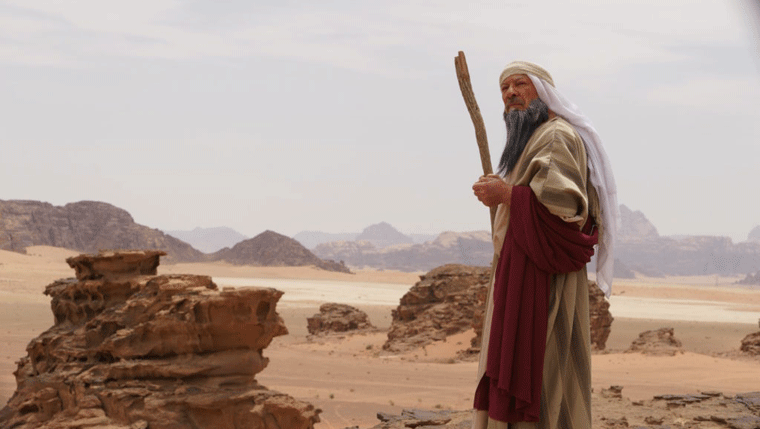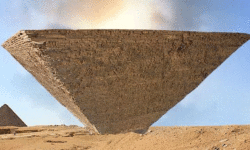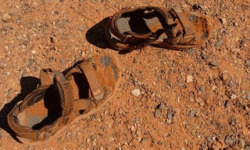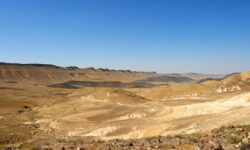Another visitor to the wilderness was Moses. Unlike Abraham, Moses was unprepared to be in the wilderness. He fled from the palace to the desert and lived in Midian.
Moses had some faith as well as a royal education. He thought that if he just identified his people, stood up with them, he could rescue them.
Years later, after Moses had grown up, he went out to his own people and took notice of their heavy burdens. He saw an Egyptian beating up a Hebrew, one of his own people.Looking around and seeing no one else, he killed the Egyptian and hid him in the sand. Exodus 2:11-12
He had the right goal, but he did it wrong. Moses wasn’t ready for leadership. He was relying on his own skills and power.
So Moses fled from Pharaoh, settled in the land of Midian, and sat down by a well. Exodus 2:15
Moses escaped to the Midian wilderness. What happened during his time there? He learned – a lot. God began preparing him to lead his people.
Humility. Moses herded flocks, a despised and lowly occupation in Egypt. He learned humility. From his former perspective, he had hit bottom.
Calling. But this humility made him teachable. When he rescued Reuhl’s daughters it revealed his raw leadership, as well as his calling, for the oppressed (which was also evidenced in his trying to save the burdened slave.)
Hospitality. When he married in to this desert family, he got a crash course on hospitality. Desert hospitality is a great necessity; it can mean life or death. Bringing in those who need community and protection is seen as an imperative in such a harsh environment. Moses saw hospitality modeled well and God used that as an important development in his formation as a leader.
Discipline. Living under Reuhl’s authority also taught Moses submission. Putting himself under his father in law’s instruction and guidance gave him the opportunity to learn the discipline of desert living and the skills of a shepherd. This came in to great use when he began to shepherd God’s people through the wilderness. A good leader with authority understands he is also under Authority. Submission is a healthy and valuable muscle.
There can be a lot to learn in the wilderness. While God may give us each a different curriculum some things seem consistent. Harsh conditions can make us humble as we look to the Source for our strength and identity. It can focus us in ways that abundance can’t – we may hone our calling. If we let it, wilderness can help us to empathize with others’ struggles and make us more hospitable. Living in freedom under God’s authority allows us to build self-discipline in fulfilling His calling and leading a godly life. May we all submit to God's use of our inevitable wilderness time.







